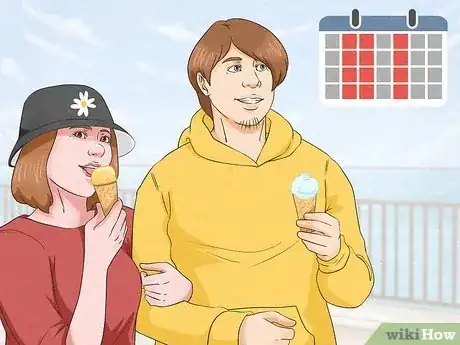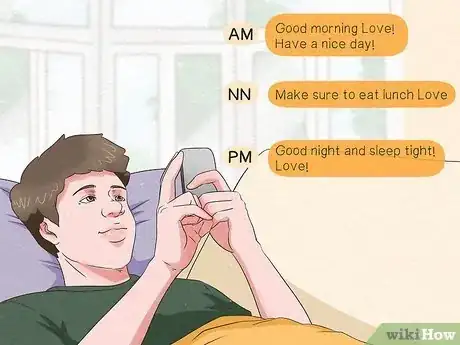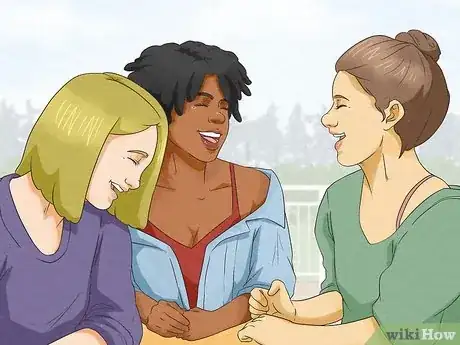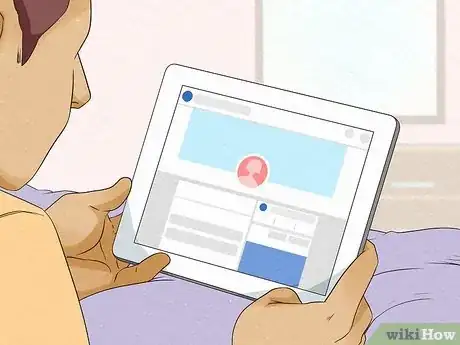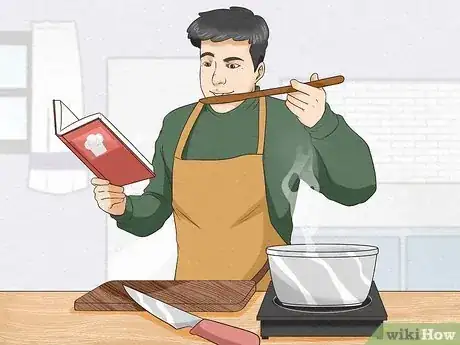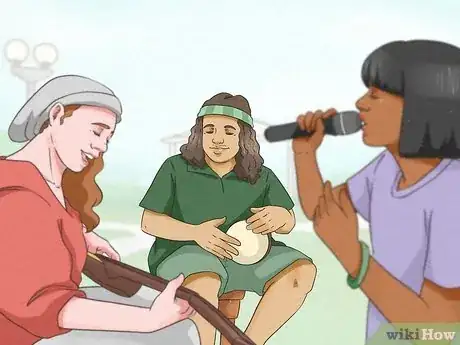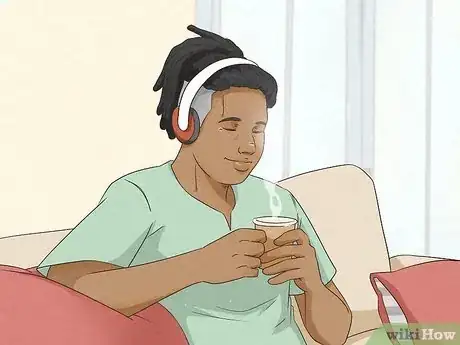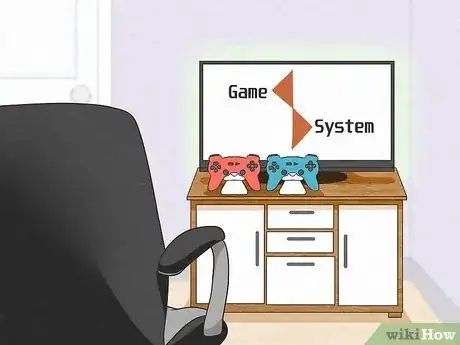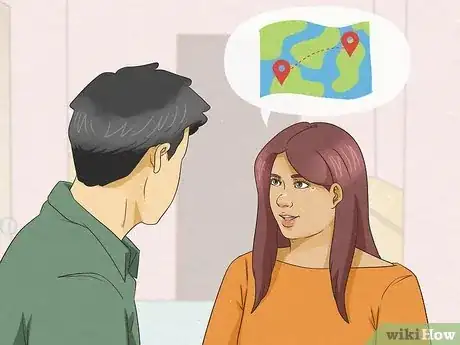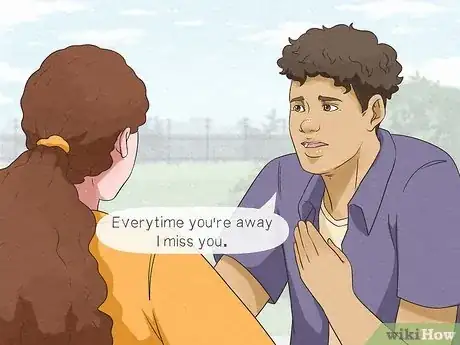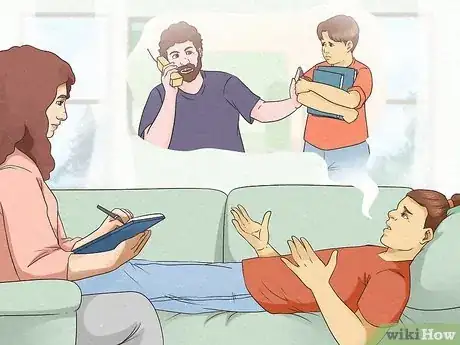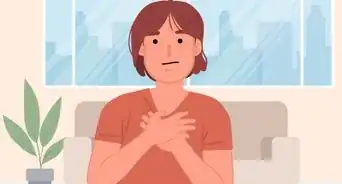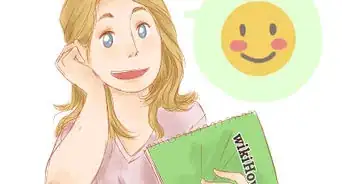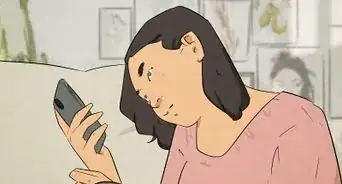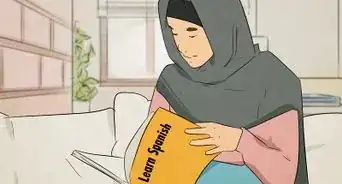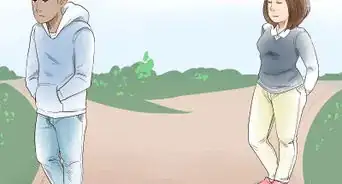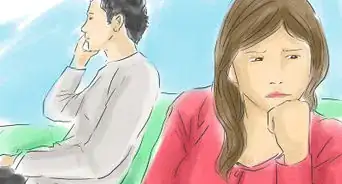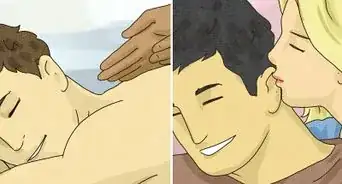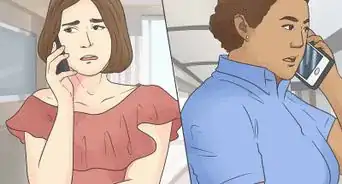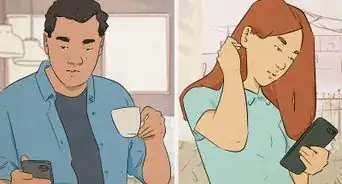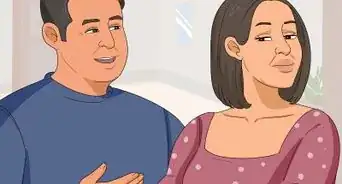This article was written by Susan Pazak, PhD and by wikiHow staff writer, Hannah Madden. Dr. Susan Pazak is a Licensed Clinical Psychologist & Professional Life Coach. With more than 21 years of experience, she specializes in treating adolescents and adults with psychological issues using cognitive behavioral therapy, symptom reduction skills, and behavior modification techniques. She has been featured in numerous media outlets and shows, including “My Strange Addiction". Dr. Pazak holds a BA in Psychology with a minor in Communications from The University of Pittsburgh, an MA in Clinical Psychology from Pepperdine University, and a PhD in Clinical Psychology from Alliant International University.
There are 7 references cited in this article, which can be found at the bottom of the page.
This article has been viewed 13,842 times.
When you’re in a relationship, it’s easy to devote all your time and attention to your partner. However, dedicating all your time to someone can actually push them away. Fortunately, there are a lot of ways you can cut down on your tendencies and let your girlfriend have some space. In this article, we’ll list 11 of the most effective things you can do to stop smothering your girlfriend and foster a healthy, loving relationship together.
This article is based on an interview with our clinical psychologist, Tala Johartchi, PsyD. Check out the full interview here.
Steps
References
- ↑ Susan Pazak, PhD. Licensed Clinical Psychologist & Professional Life Coach. Expert Interview. 22 April 2022.
- ↑ Liana Georgoulis, PsyD. Licensed Psychologist. Expert Interview. 14 April 2021
- ↑ Susan Pazak, PhD. Licensed Clinical Psychologist & Professional Life Coach. Expert Interview. 22 April 2022.
- ↑ Susan Pazak, PhD. Licensed Clinical Psychologist & Professional Life Coach. Expert Interview. 22 April 2022.
- ↑ https://www.joinonelove.org/learn/5-clingy-relationship-behaviors-hurting-love-life/
- ↑ https://www.joinonelove.org/learn/5-clingy-relationship-behaviors-hurting-love-life/
- ↑ https://www.joinonelove.org/learn/5-clingy-relationship-behaviors-hurting-love-life/
- ↑ Susan Pazak, PhD. Licensed Clinical Psychologist & Professional Life Coach. Expert Interview. 22 April 2022.
- ↑ https://psychcentral.com/health/ways-to-become-more-independent-less-codependent#activities-and-hobbies
- ↑ Susan Pazak, PhD. Licensed Clinical Psychologist & Professional Life Coach. Expert Interview. 22 April 2022.
- ↑ Susan Pazak, PhD. Licensed Clinical Psychologist & Professional Life Coach. Expert Interview. 22 April 2022.
- ↑ Liana Georgoulis, PsyD. Licensed Psychologist. Expert Interview. 14 April 2021
- ↑ https://health.clevelandclinic.org/codependent-relationship-signs/
- ↑ Liana Georgoulis, PsyD. Licensed Psychologist. Expert Interview. 14 April 2021
- ↑ https://health.clevelandclinic.org/codependent-relationship-signs/
- ↑ Susan Pazak, PhD. Licensed Clinical Psychologist & Professional Life Coach. Expert Interview. 22 April 2022.
- ↑ https://psychcentral.com/health/ways-to-become-more-independent-less-codependent#activities-and-hobbies
- ↑ Susan Pazak, PhD. Licensed Clinical Psychologist & Professional Life Coach. Expert Interview. 22 April 2022.
- ↑ Susan Pazak, PhD. Licensed Clinical Psychologist & Professional Life Coach. Expert Interview. 22 April 2022.
- ↑ Tala Johartchi, PsyD. Clinical Psychologist. Expert Interview. 16 July 2021.
- ↑ https://www.psychologytoday.com/us/blog/the-intelligent-divorce/201208/who-wants-be-needy-six-solutions
- ↑ Tala Johartchi, PsyD. Clinical Psychologist. Expert Interview. 16 July 2021.
- ↑ Tala Johartchi, PsyD. Clinical Psychologist. Expert Interview. 16 July 2021.
